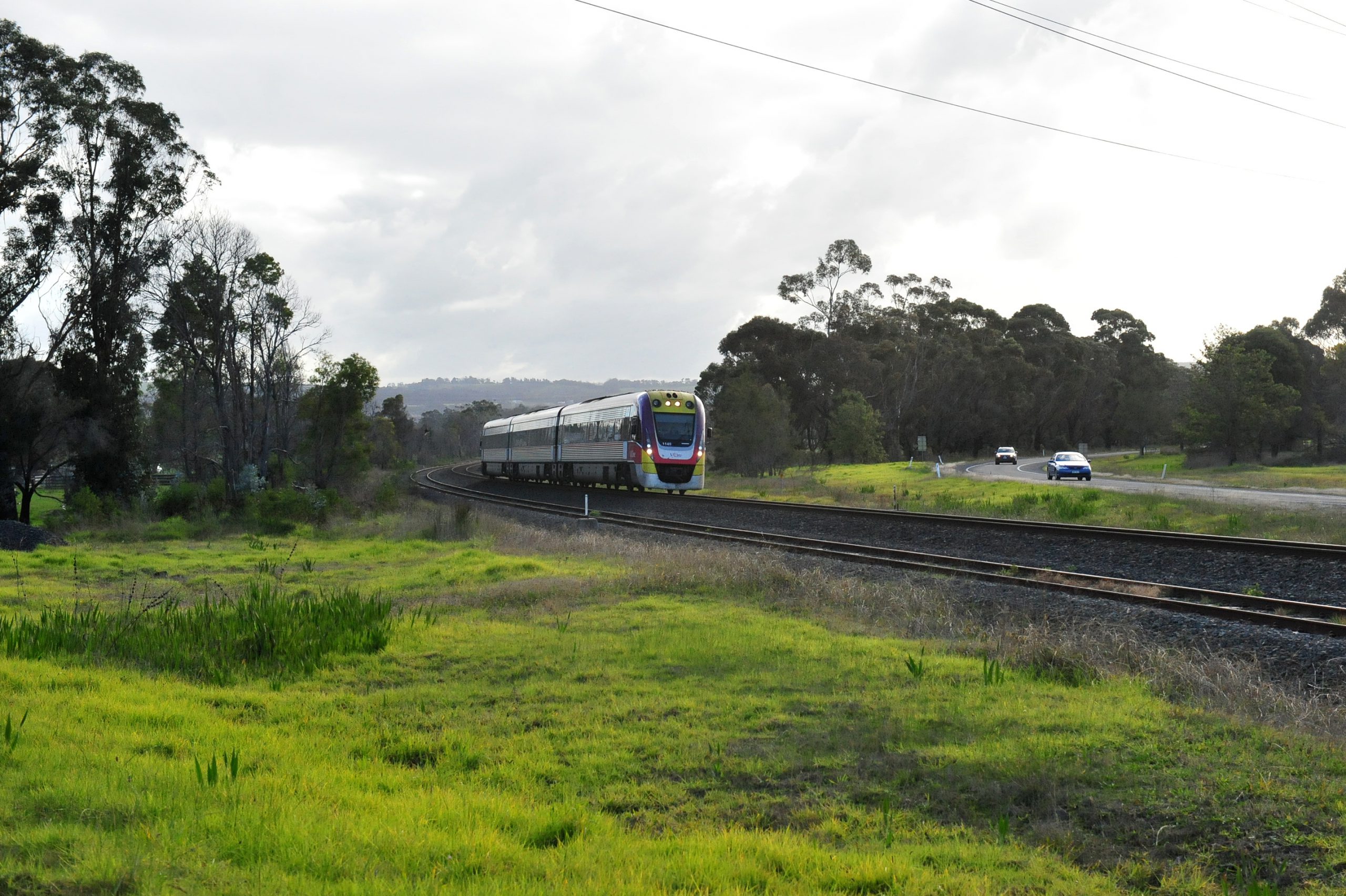Related: Editorial: Citizen jury still out
A public consultation process which Gippslanders were prevented from participating in has recommended Gippsland trains terminate at Pakenham.
Mayors from across Gippsland joined forces on Friday to condemn the Infrastructure Victoria ‘citizen jury’ report which suggested “increased services on the Gippsland line that connect with metropolitan services at Pakenham”.
There were different interpretations of the recommendation among the councils, with Latrobe City, Baw Baw and East Gippsland understanding it to suggest Gippsland trains should no longer travel into Melbourne.
Wellington Shire took it to refer only to new or additional rail services on the Gippsland line.
‘Citizen jury’ sessions to gauge the views of regional Victorians were run by Infrastructure Victoria in Shepparton over six Saturdays earlier this year to provide input into a 30-year infrastructure strategy.
About 40 ‘everyday’ community members were randomly selected to participate and asked to consider more than 200 options to address Victoria’s infrastructure needs.
However no Gippsland town was represented, as jurors were drawn from towns within 100 kilometres of Shepparton.
“If you do not ask those that are at the heart of a matter to have their say, how can you truly expect to provide a satisfactory solution to an issue that affects those very people?,” Latrobe City mayor Michael Rossiter said in a joint statement on Friday with his counterparts from Baw Baw and East Gippsland shires.
The mayors said there was no support from Gippsland rail users or communities for the recommendation and the current V/Line timetable provided three trains from Gippsland to the city during the peak period and they expected that to increase to four next year.
They said the Gippsland corridor had missed out on most of the rail upgrades on all other corridors and had no dedicated track to the city as was provided for Geelong, Bendigo and Ballarat trains.
The citizen jury report opposed construction of a dedicated rail track in the south-east corridor to separate regional passengers and freight from metropolitan trains as it was considered too costly.
This year’s state budget included planning work for upgrades to the Gippsland line, including passing loops and track duplication between Bunyip and Longwarry.
The citizen jury also looked at a transition away from coal, with the report recommending that subsidies be provided for the “development and use of lower emission energy sources instead of brown coal power plants”.
It stated the impacts on the communities around the Latrobe Valley must be considered in any transition.
Infrastructure Victoria chief executive Michel Masson said as the regional jury met over six Saturdays, it was necessary to choose members who could reasonably be expected to travel to attend every session.
“We didn’t feel we could expect people to travel further than (100km) that to attend meetings,” Mr Masson said.
He said citizen juries were an “intensive process” and it was not possible to hold more than two juries – another was held for metropolitan Melbourne.
Mr Masson said the citizen juries’ recommendations were not the only input to Infrastructure Victoria’s 30-year strategy.
“Since February, we’ve held two rounds of consultation with online activities, formal submissions, workshops, roundtables and briefings,” he said.
“We’ve been to Gippsland during each phase of consultation, meeting with local government and representative organisations such as the Committee for Gippsland and the Gippsland Ethnic Communities Council.”
He said there would be another phase of consultation when Infrastructure Victoria released its draft strategy in October.
Local opposition MPs Russell Northe and Gary Blackwood shared the concerns of the local councils, saying they would oppose any move by the government to stop V/Line trains from using the metropolitan rail network.
Mr Northe said the government should immediately rule out the recommendation.
“This service is used for commuters to and from work, to visit medical specialists in the CBD, to visit friends and family and by forcing a change of service at Pakenham it would unnecessarily and unfairly deliver a second class travel system for the Gippsland region,” Mr Northe said.
Federal Member for Gippsland Darren Chester said while the Australian Government did not have jurisdiction over Victorian state rail operations, he personally did not support V/Line services terminating at Pakenham.












